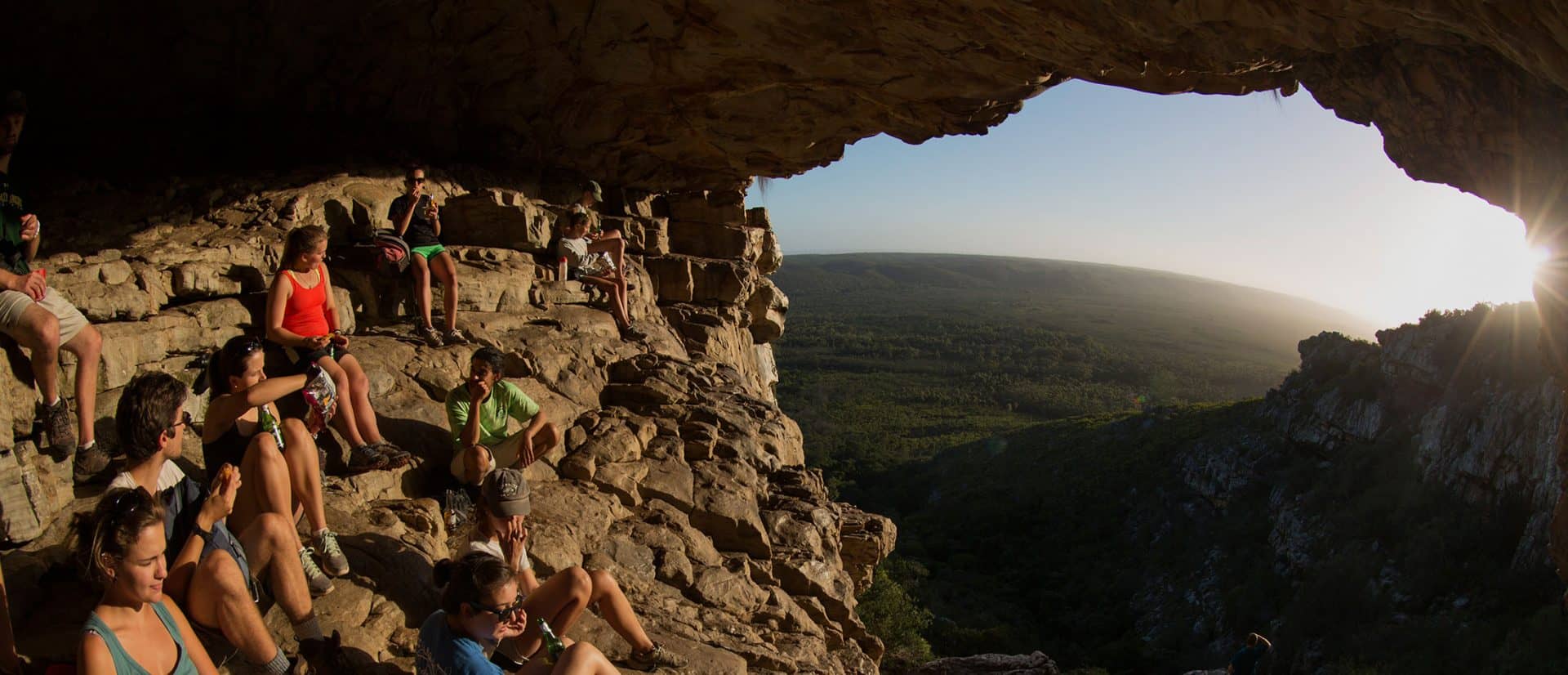FAQs
What is the Organization for Tropical Studies ?
The Organization for Tropical Studies (OTS) is a nonprofit consortium of over 50 universities and research institutions in the United States, Costa Rica, Mexico, South Africa, and Australia. Founded in 1963, OTS has a mission to provide leadership in education, research and the responsible use of natural resources in the tropics. To this end, graduate and undergraduate field courses are offered in the pure and applied areas of the natural sciences in Costa Rica, Mexico, and South Africa. In addition, OTS operates four research stations in varied tropical ecosystems. Three of them in Costa Rica: La Selva in the Caribbean lowland rain forest, Palo Verde in the Pacific lowland dry forest, and Las Cruces in a mid-elevation rain forest on Costa Rica’s southern Pacific slope. One in South Africa: Skukuza. OTS also coordinates and facilitates research, provides environmental education programs, and works with local agencies on issues of conservation, natural resource management and land use practices.
Can you tell me more about the courses and academic credit?
For the undergraduate programs in South Africa, students earn credits from the University of Connecticut. For undergraduate programs in Costa Rica, students receive credit from the University of Costa Rica, the most academically rigorous university in the country. For semester programs, students earn 16 credits, and for summer courses, 4 credits. The Field Practicums and REU programs do not receive credits.
The graduate courses are accredited through the University of Costa Rica. The credits count as graduate level semester credits and are transferable to OTS member institutions as well as non-member institutions. Please keep in mind that the transcripts from the course may take up to two months to process before they are sent out to your institution. Accepted students are encouraged to consult with their advisor and department what is needed to transfer the credits once the course is over.
What about the REU and NAPIRE programs? Why don't they receive academic credit?
The Research Experiences for Undergraduates, or “REU”, and the Native American Pacific Islander Research Experience, or “NAPIRE” programs are a summer internship program designed to provide qualified students with an intensive research experience. Each student works with one mentor to develop an 8-9 week project that addresses the research interests of the student and mentor alike. REU and NAPIRE mentors are experienced field ecologists that will help you conduct research projects at La Selva or at Las Cruces Research Stations. This is an excellent opportunity to become part of one of the foremost tropical research communities in the world. Accepted students have all travel expenses covered and also receive a generous stipend.
Wow! OTS has a lot to choose from! How will I know which program is right for me?
First of all, don’t limit your imagination to just one OTS program. Depending on their time and interests, each year a few of our students participate in more than one OTS program.
How about financial aid and funding opportunities?
We offer partial scholarships principally to students that come from one of our member institutions. In some instances we may be able to offer partial scholarships to non-member institution students. These partial scholarships are assigned on academic merit and socioeconomic need. If you are interested in being considered for a partial scholarship please make sure to include a request for a partial scholarship along with the rest of the required documents. The letter should outline your financial situation, previous scholarships/grants (if any), and the amount you are seeking from outside sources to cover the costs of the course. The letter will help us assess your situation individually and determine you eligibility for a partial scholarship if you are selected for the course.
Please note that the scholarships are awarded and applied only to the tuition/course cost. They cannot be applied in any other way, for example travel expenses. Although we may be able to award a partial scholarship, we highly recommend that you seek funds for the course through your own means, such as applying for grants from your department or organizing small fund raisers.
What about medical care?
In the event of a serious illness or injury, excellent and modern medical care is readily available in clinics located near most of our field sites.

